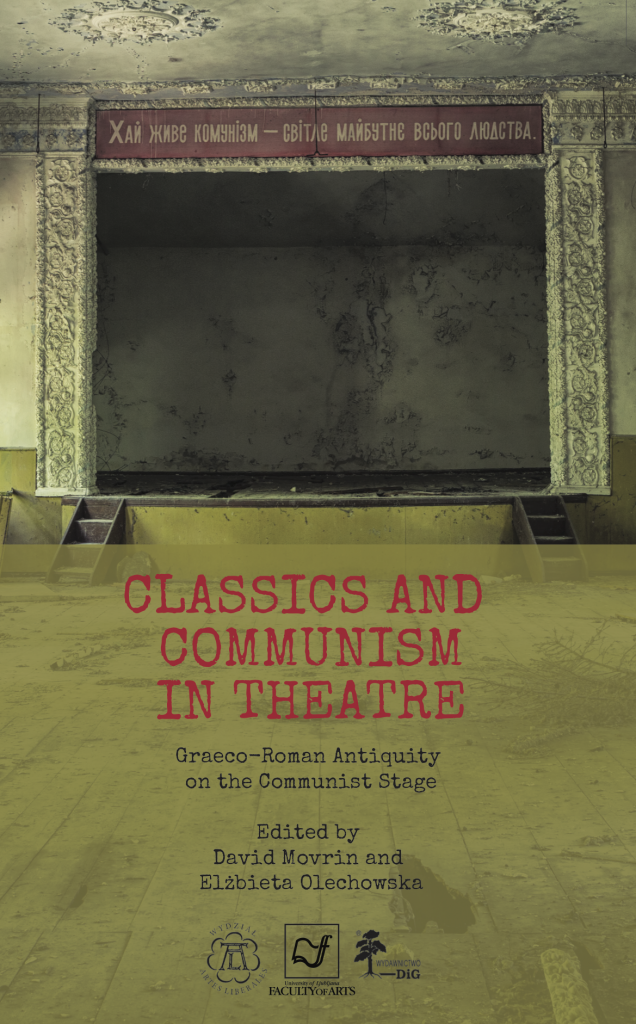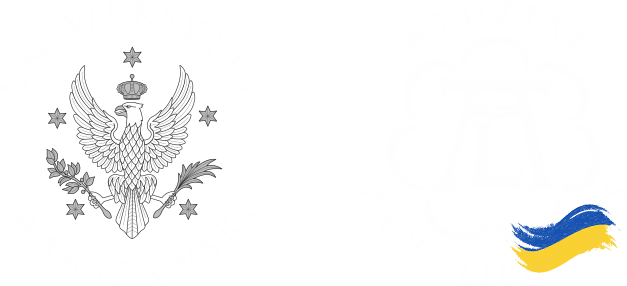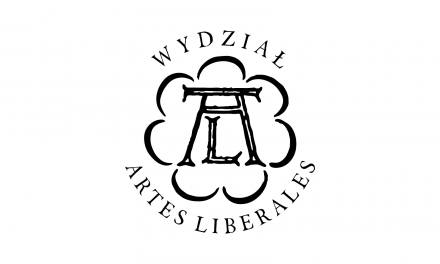
- Classics and Communism. Greek and Latin behind the Iron Curtain
- Classics and Class. Greek and Latin Classics and Communism at School
- Classics and Communism in Theatre. Graeco-Roman Antiquity on the Communist Stage
The goal of the present volume is to examine whether and how the authorities, their ideologists, and theatre directors used classical antiquity in general and ancient plays in particular to promote their ends – after the October Revolution and later World War II opened Central and Eastern Europe to Soviet domination. Like both previous volumes, it offers a rare glimpse into views and documents of the period. One can see how the scene changes from country to country, and the picture is far from homogenous. The varying harshness of the communist regime impacted the repertory, and both the strength of the local theatrical tradition as well as the presence of classical antiquity in education and culture eventually influenced the directors’ choices. The public, on the other hand, could go along with or against the directors’ inclinations – and could in times of tension see political allusions where none were intended, celebrating a victory of the Aesopian language.
While it is not surprising to find Antigone emerging as the most translated and performed tragedy, it is fascinating to see how varied the treatments of this play have proved to be. Another intriguing motif to emerge is the persistent life of ancient comedy, where the cover of laughter and the evasion of metatheatricality provided especially fertile ground for what is known as “Aesopian language”. It is evident that the production values of this book are admirably high. It is a further benefit that it includes a collection of relevant photographs, which enhance its value as a contribution to the flourishing field of “performance reception”. In conclusion, this volume has significant value for the understanding both of social and political history and of theatre in the twentieth century.
Oliver Taplin
Published research on the history of Classics during the Communist period shines by its absence, to use a term borrowed from Tacitus, and exceptions to this rule are few and far between; even the authors dealing with the subject pay only tangential attention to the region. In contrast, the issue of Classics in both Italy and Germany before World War II has already been carefully examined. Nonetheless, the classical tradition in the former people’s democracies has recently become a salient research topic. Classics and Communism in Theatre, the third book in the cycle Classics and Communism launched in 2013, probes a subject that remains a scholarly terra incognita — investigating the context for the classical tradition and its transmission in what Winston Churchill once called “the ancient states” behind the Iron Curtain that stretched “from Stettin in the Baltic to Trieste in the Adriatic,” defining a significant part of Europe after World War II.





